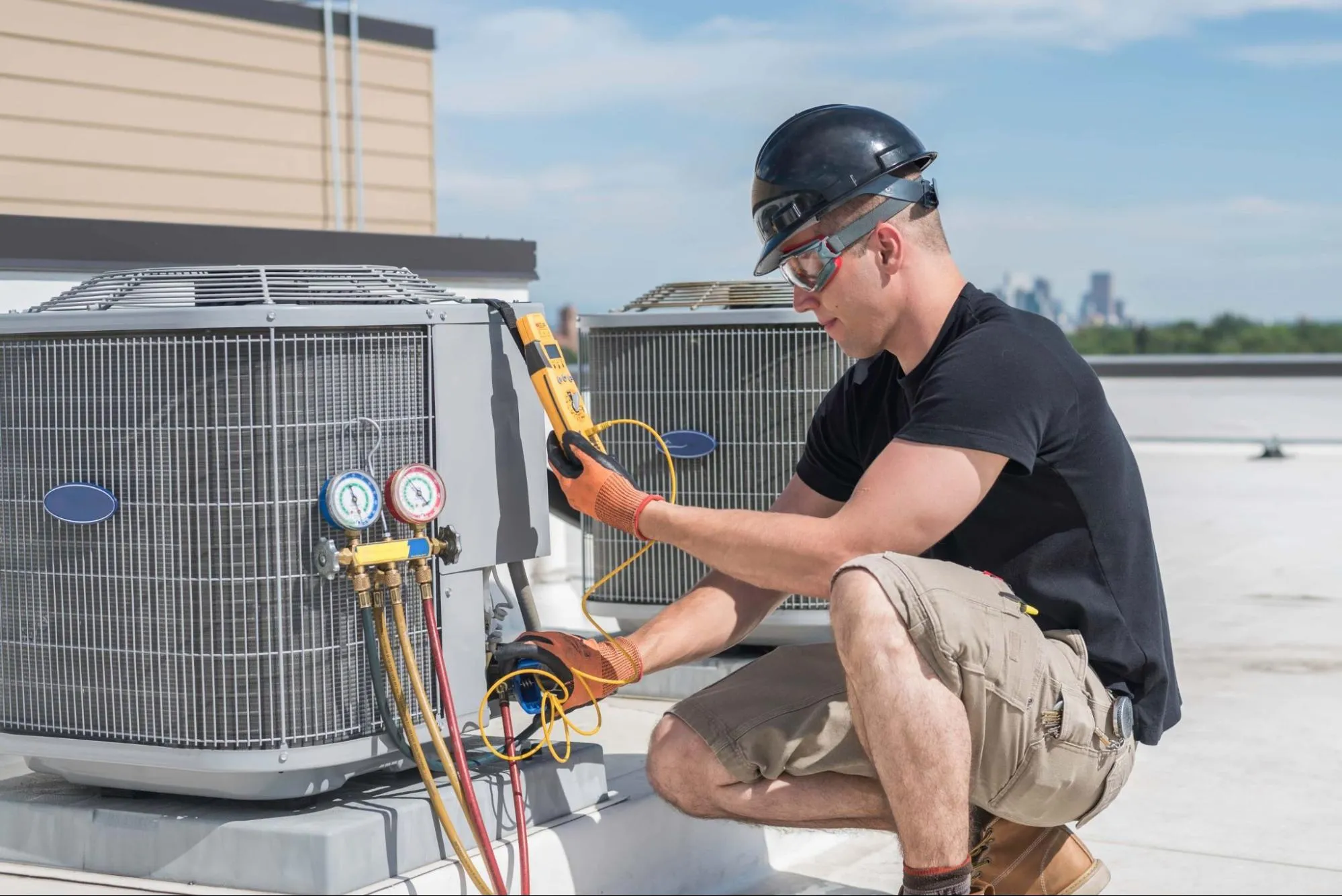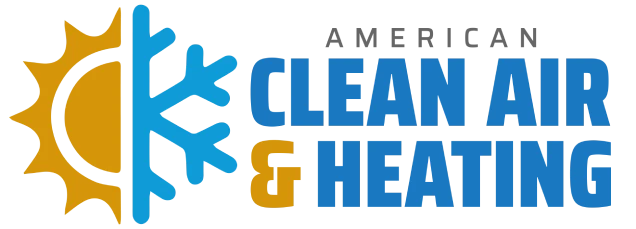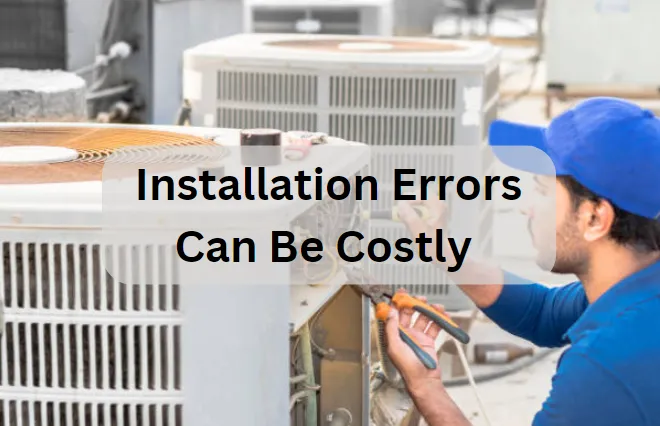Is Your AC Trying to Tell You Something?
As the scorching summer sun beats down, a malfunctioning AC can quickly transform your sanctuary into a sweltering oven. You don’t have to just “live with it” – there is something you can do. By recognizing the signs that your AC is in distress, you can head off breakdowns and expensive emergency repairs.
1. Unusual Noises: Clanging, Banging, and Whistling
If your once silent AC system starts serenading you with clanging, banging, or whistling noises, it’s time to pay attention. These alarming sounds often point to loose parts, a faltering motor, or unwelcome debris lurking within. Ignoring these alarms could lead to larger issues and hefty repair bills.
2. Weak Airflow: When a Gentle Breeze Isn’t Good
When the airflow from your vents resembles a gentle whisper instead of a robust gale, trouble may be on the horizon. A clogged filter, duct problems, or a waning compressor could be stifling your system’s ability to circulate air effectively, resulting in lackluster cooling and inflated energy costs.
3. Warm Air When You Want Cool Air
Nothing spells trouble quite like your AC blowing warm air instead of the refreshing cool you crave on a warm day. This could either be a refrigerant leak, a compromised compressor, or thermostat troubles could be behind this unwelcome change.
Warm air wafting from your vents demands swift professional attention immediately.
4. Frequent Cycles: On and Off When They Shouldn’t Be
While some cycling is normal, an AC that’s erratic, going on-off when it isn’t supposed to, may indicate underlying issues. A misbehaving thermostat, grimy filters, or an oversized unit could be causing this disruptive dance routine.
5. High Energy Bills: A Spike in Costs
A sudden surge in your energy bills can hint at your AC toiling harder than necessary. Clogged filters, dwindling refrigerant levels, or mechanical mishaps can push your system to consume more energy, leading to unpleasant surprises on your utility bill.
6. Strange Odors: What’s That Smell?
Unpleasant odors wafting from your vents could signal mold growth or electrical maladies. Whether it’s a musty musk or a burning scent, these warrant prompt professional intervention to safeguard your indoor air quality.
7. Moisture or Leaks: Drips and Puddles Around Your System
If you notice moisture or leaks around your AC unit, it could be a sign of a refrigerant leak or a blocked drain tube. These issues can lead to water damage and affect your AC’s efficiency. Addressing moisture problems early can prevent more severe damage to your home and system.
8. Poor Cooling Performance
If your AC isn’t cooling your home as effectively as it used to, it might be time for a repair. Poor cooling performance can result from various issues, including refrigerant leaks, dirty coils, or an aging system that needs replacement parts.
9. Inconsistent Thermostat Issues
If your thermostat isn’t working correctly, it can cause inconsistent temperatures throughout your home. You might notice that some rooms are cooler than others, or the temperature doesn’t match the thermostat setting. Thermostat issues can often be resolved with recalibration or replacement.

Questions to Ask Yourself About Your AC Unit
Maybe you’ve encountered one or more of the signs above. If so, you aren’t alone. Yes, you should reach out to us. That said, there are some questions that AC unit owners ask us quite often in some version or another:
How Often Should I Service My AC to Avoid Repairs?
To steer clear of unexpected AC hiccups, it’s advisable to schedule a maintenance service at least once a year, ideally before the scorching summer season kicks in.
Can I Perform AC Repairs Myself?
While simple tasks like changing filters may be within reach for homeowners, complex repairs are best left in the capable hands of professional technicians. Ensuring safety and efficiency, expert hands can work wonders for your cooling unit.
What Can Happen if I Ignore Signs That My AC Needs Repair?
Turning a blind eye to the warning signs your AC throws your way could spell trouble. From escalating issues and soaring repair bills to the dreaded system breakdown, ignoring these signals is a risky game best avoided.
How Can I Improve My AC’s Efficiency?
Regular upkeep goes a long way. Simple practices like cleaning or replacing filters, maintaining a debris-free outdoor unit, and scheduling annual check-ups by professionals can work wonders for your system’s performance.
Don’t Wait for a Breakdown
Knowing the signs that your AC needs repair can help you address problems before they escalate.
If you notice any of these issues, it’s time to call a professional HVAC technician. Regular maintenance and timely repairs even if your AC unit isn’t currently malfunctioning, can extend the life of your system and keep your home cool and comfortable.



No Comments
Be the first to start a conversation